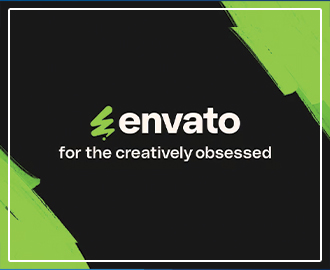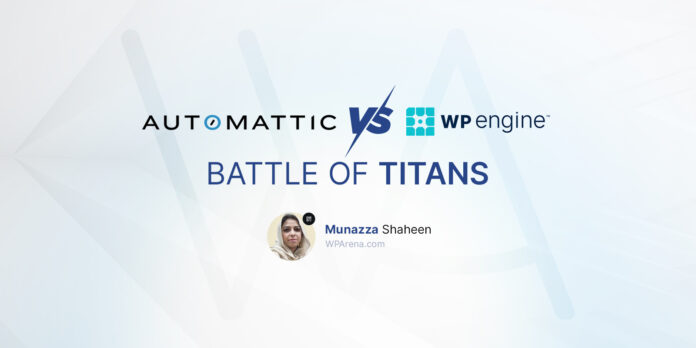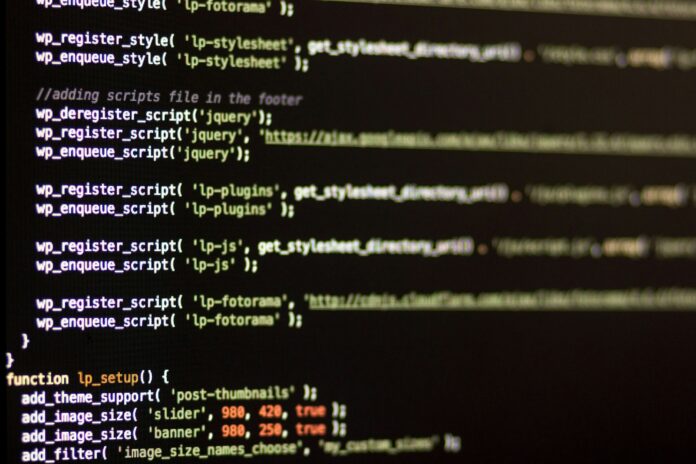Anybody who has ever created a site on WordPress knows, that you don’t need a software developer. If you don’t care much about the end result, that is. Why is it important to work with a good WordPress developer?
As long as you need a simple website, you don’t really need a WordPress developer. Simple, in this case, means something of an online business card. Just a site where you describe your business and leave your contact info.
You need a developer when you want to build something more complex. Like build an eCommerce shop on your WordPress site, connect third party services, or simply create a unique, fast, and easy to use website that wows potential customers.
WordPress powers a huge chunk of the internet. According to Content Management System usage statistics, 35% of all websites use WordPress. 60% of websites that are based on a CMS use WordPress. For comparison, the second contender to the CMS throne is Joomla, and it holds barely 5% of the CMS market share.
While it may look like a pretty simple system, WordPress is a huge, complex powerhouse. Experienced WordPress developers can build almost anything, but it requires a particular set of skills.
What kind of skills should WordPress developers have?
How does WordPress work?
When you set up a simple WordPress site and you’re not a developer, the steps you take are usually as follows:
- Create a new site
- Pick a cool name
- Choose a theme
- Create sub-pages
- Input your content
And voilà, a simple site can be ready in 15 minutes.
But there’s a lot going on behind the scenes to make it possible for you to create a site in 15 minutes.
The WordPress system is divided into three parts:
- Back-end – the core of the system is a huge codebase with all of the functionalities necessary to power a WordPress website
- Themes – these are essentially smaller codebases which hold all of the information about how your website should look
- Plug-ins – small applications that can be hooked up to your WordPress site for additional functionalities
There are 25 things that WordPress does before even loading your theme.
The system loads data from the database performs multiple checks including security, loads the theme, builds the site, turns on plug-ins, and so on.
You don’t need to be a programmer if you’re ok with basic WordPress functionalities, don’t need any customization, and don’t plan to regularly post content or grow your site. But if you do want these things, then you need a WordPress developer who knows how to customize your site without breaking it.
It’s like repairing an engine. You might like the idea of doing it yourself with the help of google and youtube tutorials, but when you’re 6 hours in, the engine is in parts and you’re panicking with no idea how to put it back together, then you start regretting that you didn’t just call a car repair guy.
So what skills should a WordPress repair guy possess to be a good one?
How to become a WordPress developer — most important skills
#1 Understanding WordPress
The very first skill is, not surprisingly, practical knowledge about the inner workings of WordPress, and the ability to apply it.
How is WordPress structured? How does it load content? How can one optimize performance and traffic on WordPress? What are the common issues with WordPress? What is the best way to build a fast site that’s pleasant to use?
Working with WordPress is a bit different than general web design and development work. Ultimately, to be the best they can be, developers need to understand the code behind WordPress.
So what languages are WordPress written in?
#2 PHP
It uses the web’s most accomplished server-side scripting technology, PHP. Statistics say that 78% of all websites use PHP, and in a big way, WordPress is actually responsible for that fact.
PHP was a good choice to use for WordPress because it was designed specifically for the web from the start. Other general-purpose scripting languages, like Ruby or Python, were created with broad applications in mind, and only later started being used for the web. PHP was always web-first, and it’s only recently becoming a decent general-purpose language.
PHP loads and manages your content, communicate with the database, plug-ins, and third-party integrations, and enables fundamental features like sign-in, security measures, posting and scheduling blog articles, and so on.
It also chooses and applies the theme that you want. In order to customize that theme, one needs to know HTML and CSS.
#3 HTML and CSS
HTML is the backbone of the web, and anybody who’s interested in web development knows about it, and knows how to use it. At least the basics.
It controls where your content is located on your site.
CSS is like the paint job on HTML’s body. It controls how different elements on your website look.
#4 MySQL
The next big thing is understanding how MySQL databases work, and the ability to customize them and fix bugs between MySQL and PHP.
It’s not necessary for a junior WordPress developer, as it’s rarely necessary to get into MySQL when you’re customizing a WordPress site.
But an experienced WordPress developer will know how MySQL works, how it can be used to improve the site’s performance or customize it, and what limitations it has.
These are the basics, fundamentals that every good WordPress developer should have mastered.
There are also a few additional skills that come in handy.
#5 JavaScript
It’s not a requirement, but JavaScript is one of the most popular languages for the web. Initially used for creating interactive elements in the browser, it’s not a workhorse that can be used to build complete websites without any other tools.
Due to its’ popularity, JavaScript is already becoming a part of WordPress. For now, it’s a small part, mostly on the front-end, but it might get bigger with time.
All in all, a great web developer will know JavaScript anyways. It’s a universal tool for web development, and it’s important to know it.
#6 RESTful APIs
RESTful architecture is essentially a way to create a black box that your site can communicate with. For example, you can use it to “ask” another site, like Facebook, for specific data, and that data will appear on your site.
There’s much more to it than that, but that’s the gist of it. RESTful architecture is a big part of modern web development, and your developer should have this skill if you’re planning to integrate with multiple third-party services.
Wrapping up
When you look it up, the average WordPress developer’s salary ranges from $36,000 / year to $81,000 / year. There are some remote web developer jobs with even bigger pay.
It takes a lot to learn WordPress development enough to get to the top of that range and get web development jobs in really complex projects.
As we’ve covered, the 6 most important skills for WordPress developers to master are:
- Practical knowledge of WordPress
- PHP for crafting custom functionalities and customizing
- HTML and CSS to make the site beautiful
- MySQL for managing data
- RESTful APIs for third-party integrations
- JavaScript for future-proofing
These are the fundamentals of what makes a great WordPress dev. I hope this article helped you in some way, thanks for reading!






Excellent overview of the skills needed to be a website developer! Thanks for sharing!
Brilliant and straight to the point. I must add that any developer or any aspiring developer must learn ‘patience’as a skill. It’s essential.